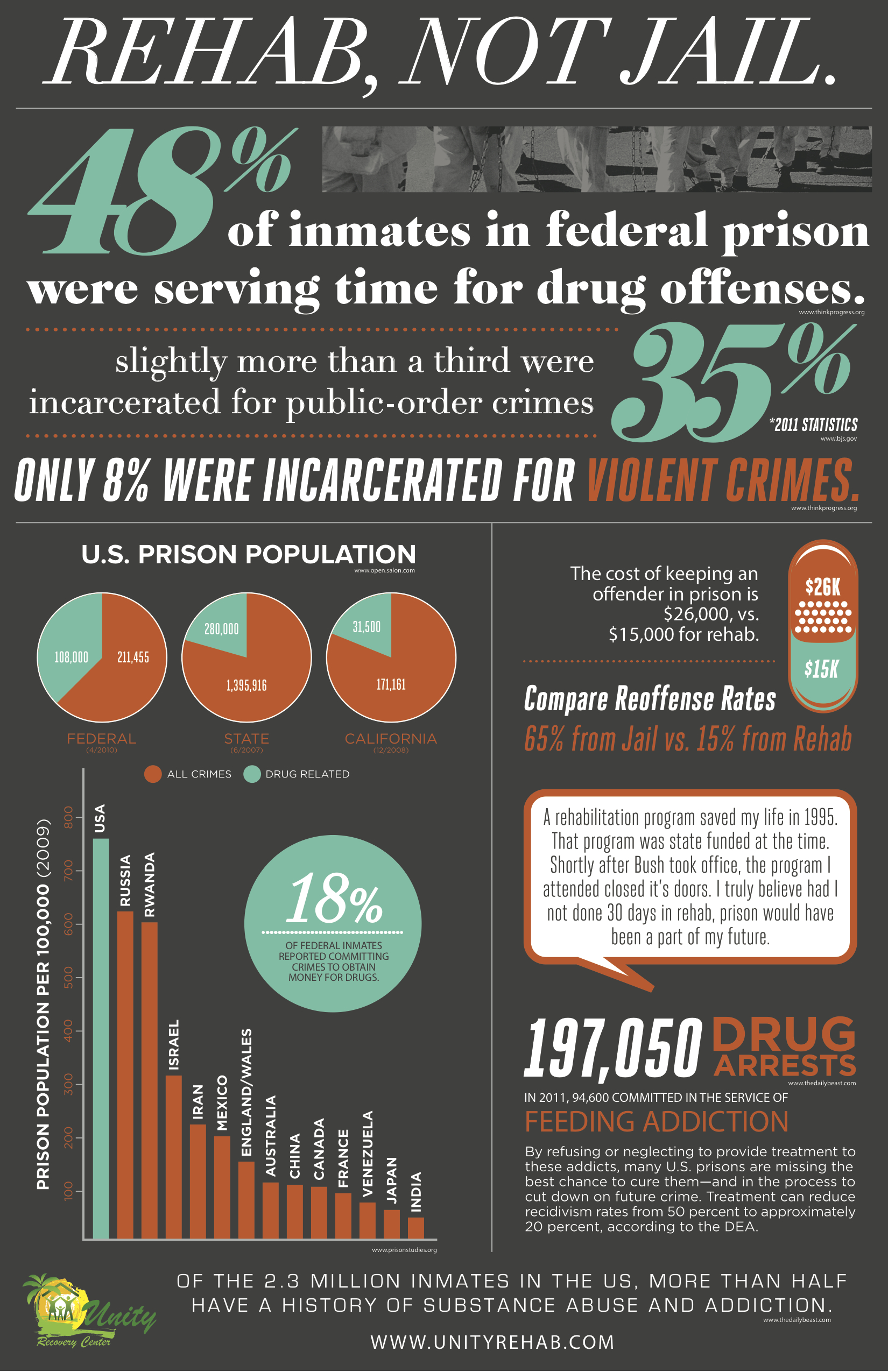Resolving Triggers And Lures Complying With Drug Rehabilitation
Resolving Triggers And Lures Complying With Drug Rehabilitation
Blog Article
Composed By-Kanstrup Holder
You have actually completed Drug rehab and taken a considerable step in the direction of a healthier lifestyle. And now, dealing with triggers and desires post-rehab can be a challenging trip. Just how do you navigate with these minutes without compromising your progress? Comprehending click for info to handle triggers and desires is important in keeping your soberness. Let's explore efficient methods to deal with these difficulties and safeguard your newfound dedication to living a drug-free life.
Identifying Triggers and Food Cravings
To successfully manage your triggers and yearnings, start by identifying the circumstances or emotions that bring about your wish to use. Take a minute to reflect on what situations or sensations motivate your cravings. Is it anxiety, boredom, social circumstances, or specific locations? By determining these triggers, you can much better prepare yourself to handle them.
Triggers can be both internal, such as negative emotions or physical pain, and external, like being around people that use substances or visiting a certain place.
Pay attention to patterns in your cravings-- are they more constant at specific times of the day or in feedback to particular events?
Building Healthy And Balanced Coping Methods
Determining your triggers and desires is the very first step towards building healthy coping approaches to handle them effectively. As soon as you understand what circumstances, feelings, or people cause your desires, you can begin creating a plan to resolve them.
One reliable approach is to replace adverse behaviors with favorable ones. For example, if stress and anxiety causes cravings, practicing leisure strategies such as deep breathing or reflection can aid. Engaging in exercises such as exercise or going for a walk can likewise be a great method to deal with cravings.
WhiteSands Addiction Treatment FL of building healthy coping strategies is to create a helpful atmosphere. Border yourself with people who comprehend your trip and can provide encouragement and accountability. It is very important to develop borders with people that might not sustain your recovery.
Furthermore, creating a regimen that consists of healthy and balanced practices like regular workout, proper nourishment, and adequate sleep can aid you stay on track and lower the possibility of experiencing triggers and desires.
Seeking Assistance and Liability
Developing a network of helpful individuals that can offer support and hold you accountable is important in handling triggers and yearnings successfully. Choose good friends, family members, or a support system who comprehend your journey and can use advice when you encounter challenging circumstances.
Having a person to speak with throughout moments of lure can make a significant distinction in remaining on track with your recuperation. Liability partners can assist you remain concentrated on your objectives and advise you of the reasons you selected to look for help to begin with.
They can also help in creating a structured strategy to handle triggers and yearnings, such as developing alternate tasks or coping systems to replace the urge to make use of medicines. Regular check-ins with your support system can offer reassurance and motivation, helping you feel much less separated in your healing trip.
Conclusion
Remember, acknowledging and coping with triggers and food cravings after Drug rehabilitation is a key part of maintaining sobriety.
By identifying your triggers, developing healthy and balanced coping approaches, and seeking assistance from enjoyed ones or support system, you can navigate with tough moments and stay concentrated on your sobriety objectives.
Bear in mind, you aren't alone in this trip, and with the right tools and support, you can overcome lures and live a meeting, drug-free life.
Stay solid and keep moving forward.
